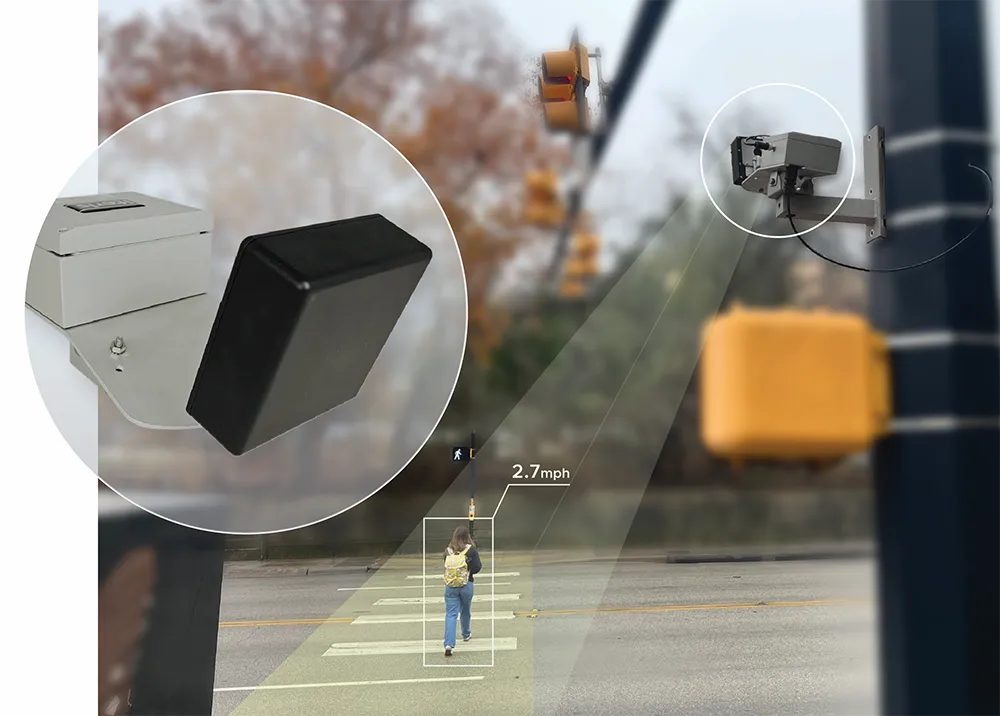Norwegian tolling specialist Q-Free has acquired TDC Systems which develops products for traffic counting and classifying, weigh-in-motion, cycle and pedestrian detection, traffic signal prioritisation and tunnel monitoring as well as sensors and software for travel-time detection and air quality monitoring. UK-headquartered TDC has offices in Australia and Malaysia with customers in 50 countries around the world.
March 27, 2014
Read time: 1 min
Norwegian tolling specialist 108 Q-Free has acquired 131 TDC Systems which develops products for traffic counting and classifying, weigh-in-motion, cycle and pedestrian detection, traffic signal prioritisation and tunnel monitoring as well as sensors and software for travel-time detection and air quality monitoring. UK-headquartered TDC has offices in Australia and Malaysia with customers in 50 countries around the world.
The move is part of Q-Free’s ongoing portfolio expansion and follows other recent acquisitions in the area of advanced transportation management systems (ATMS). This is being driven by the company’s recognition of the technological and commercial convergence of ATMS and road user charging sectors.
Thomas Falck, Q-Free’s CEO, said: “TDC’s solutions are a natural extension to Q-Free’s portfolio and will give us the opportunity to offer more holistic solutions to our international customer base. Compared to the road user charging business, the ATMS sector is considerably less exposed to political risk and we see significant opportunities for increased product sales.”
The move is part of Q-Free’s ongoing portfolio expansion and follows other recent acquisitions in the area of advanced transportation management systems (ATMS). This is being driven by the company’s recognition of the technological and commercial convergence of ATMS and road user charging sectors.
Thomas Falck, Q-Free’s CEO, said: “TDC’s solutions are a natural extension to Q-Free’s portfolio and will give us the opportunity to offer more holistic solutions to our international customer base. Compared to the road user charging business, the ATMS sector is considerably less exposed to political risk and we see significant opportunities for increased product sales.”










